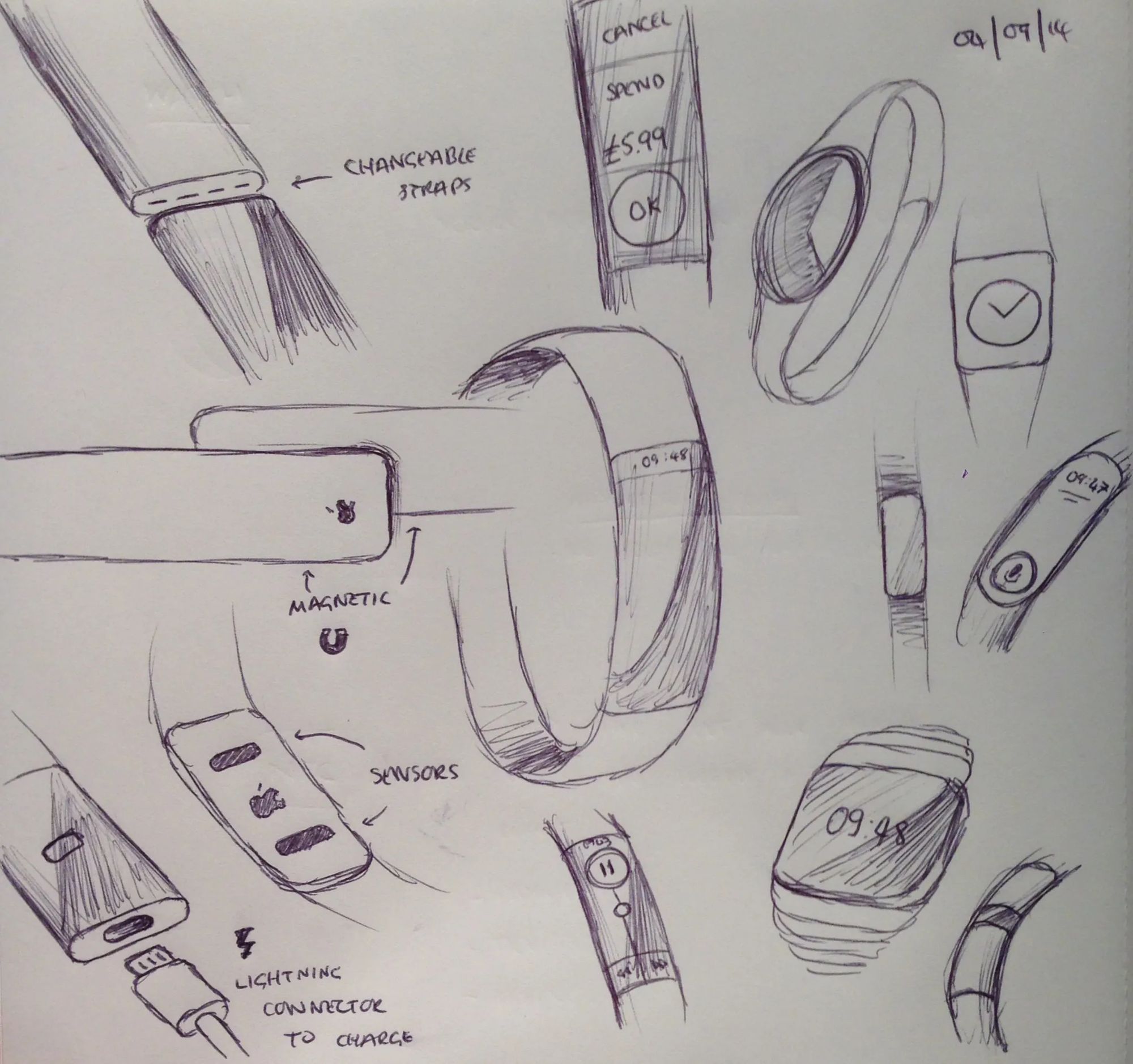I’m turning thirty four years old. I had been meaning to write a post on my birthday for at least four years, so it’s long overdue that I get my typing fingers out and commit myself to writing this.
Let me be abundantly clear: these are not lessons I have fully learnt. But they are lessons that I hope will prove as useful to you as they have to me.
What started as a ”30 lessons at 30” post has turned into “34 lessons at 34”.
Which is a wonderful tee up for lesson one…
1. Start today
The best time to plant a tree was thirty (four) years ago. The second best time to plant a tree is now.* Get started and stop thinking you're too late.
2. Get a coach
Find someone who can support you, listen to you, never judge you, and help you be the best version of yourself. I have worked with a coach on and off for the last four years. In that time I have become clearer than ever about what I want from life, I have co-founded a new endeavour, proposed to my partner, become fitter and healthier than ever before, and I feel more comfortable than ever in my own skin. For me, coaching has given me the space I didn't realise I needed to explore and articulate my thoughts. You can solve so many of your challenges if you give yourself the space and ask the right questions.
3. Wake up earlier
Wake up early — you can be a morning person if you fix your evenings. I believe I am naturally a night owl, but I love an early morning when I can do it. Earlier dinner, earlier bed-time, reducing screen time, and a consistent routine seem to be the path to earlier mornings for me.
4. You can run a marathon
You can run a marathon, but you need to put some trainers on first. Master putting your kit on and the rest will get easier. I still don't really think of myself as "a runner", but I find immense satisfaction from running.
5. Write a diary
It’s therapeutic and develops like a second brain. I can look back on any day in the last year and recall the tiniest details I noted down. Magic. Much like coaching, it enables me to clarify my thoughts and spot patterns in how I approach situations.
6. Take a break
Take a break – don’t quit. One day may be all you need to check in with yourself and get yourself back on track.
7. Overnight success is easy
Overnight success is easy once you’ve spent years (or decades) practicing, building, failing, and learning.
8. Build habits
Build habits a day at a time. This applies to both good and bad habits. Acknowledge what triggers both, and try to avoid living on autopilot with all of them. Small changes can compound



